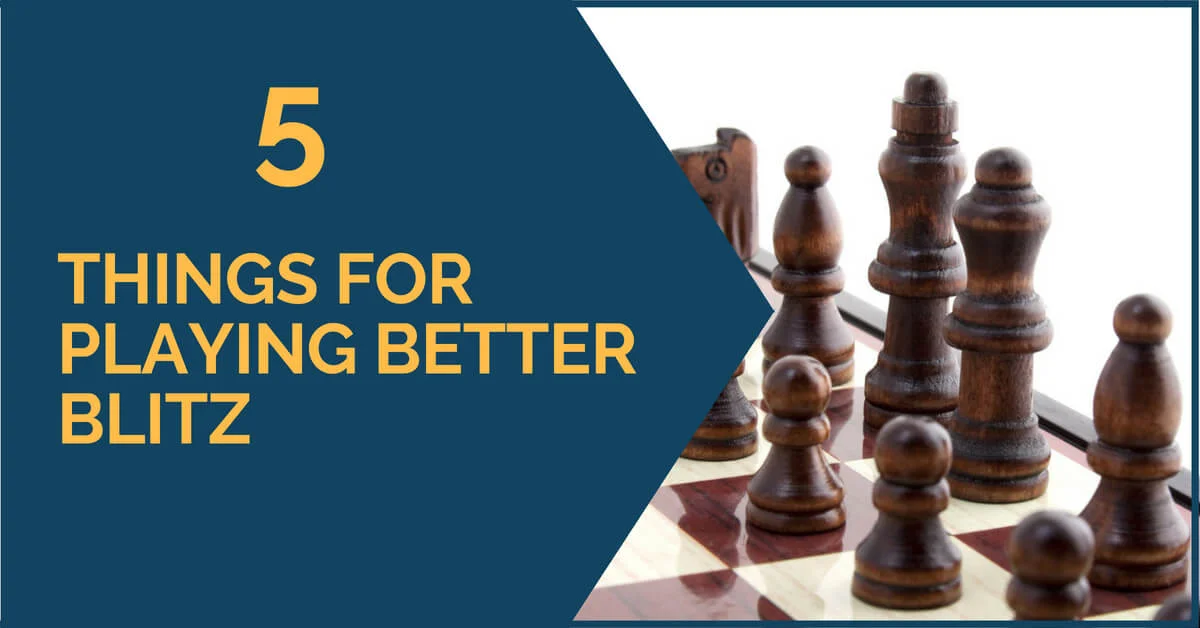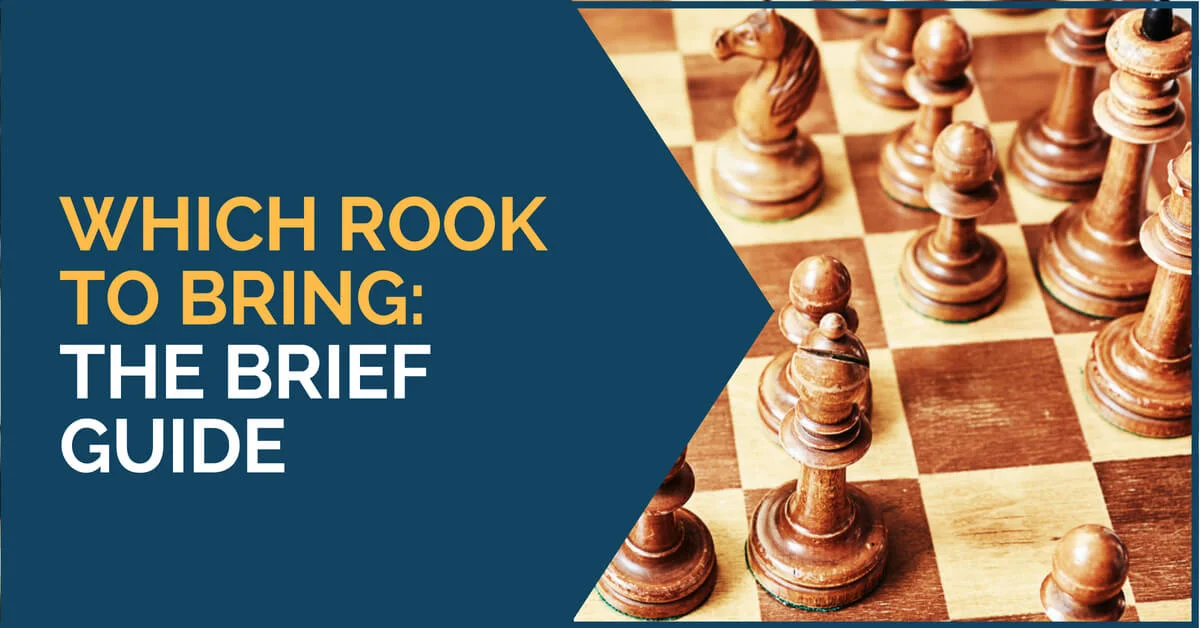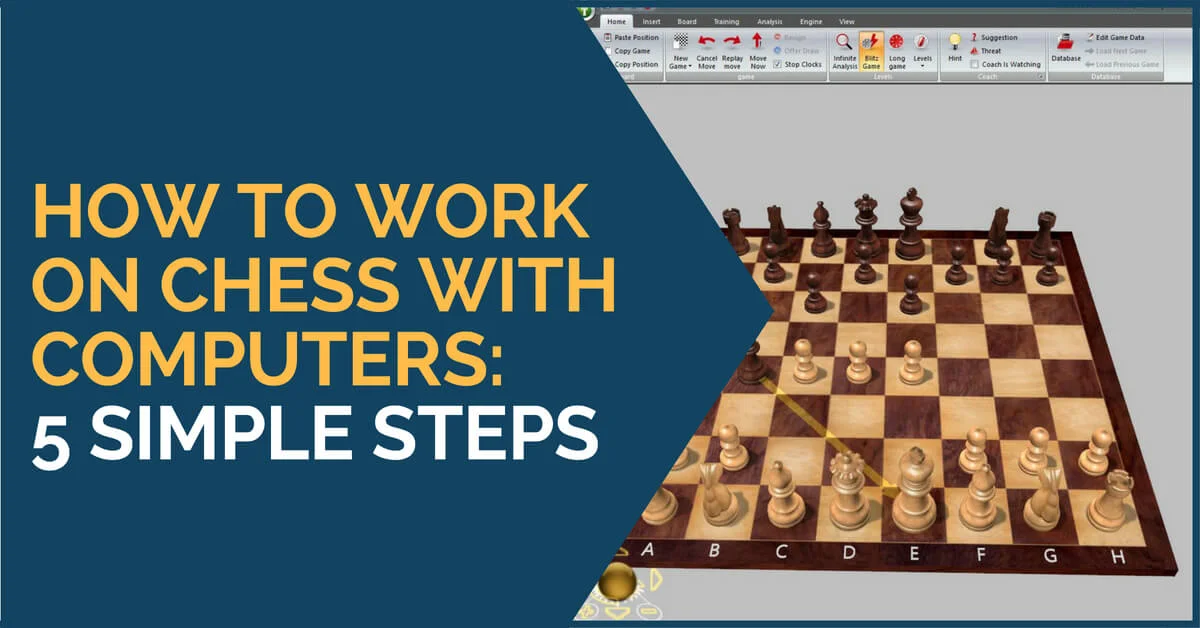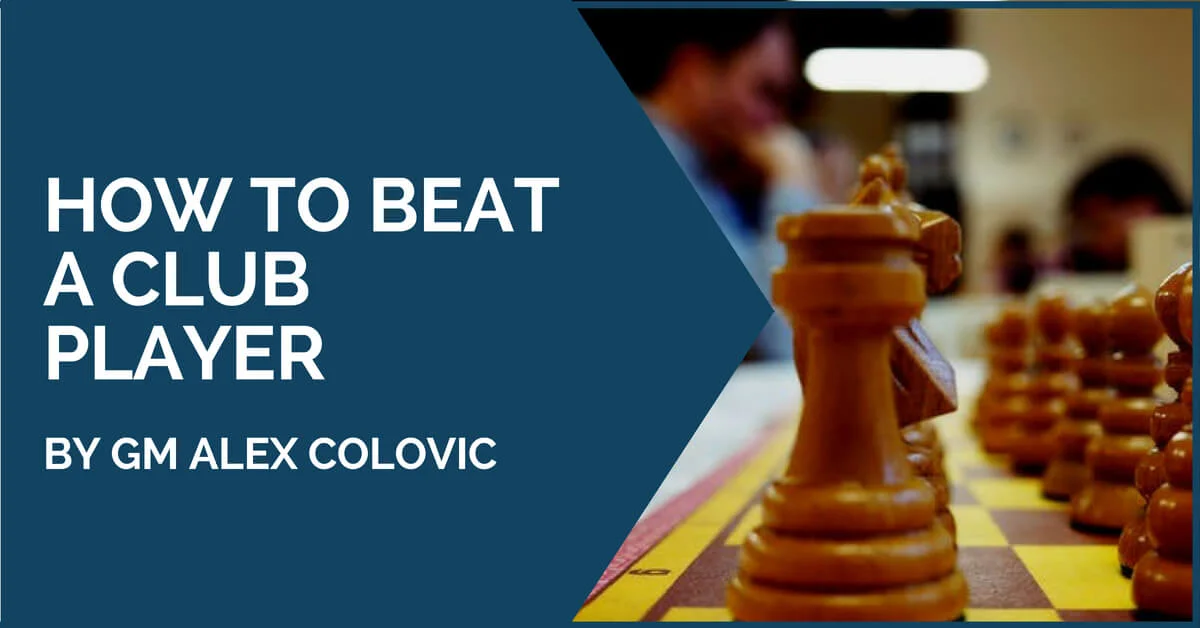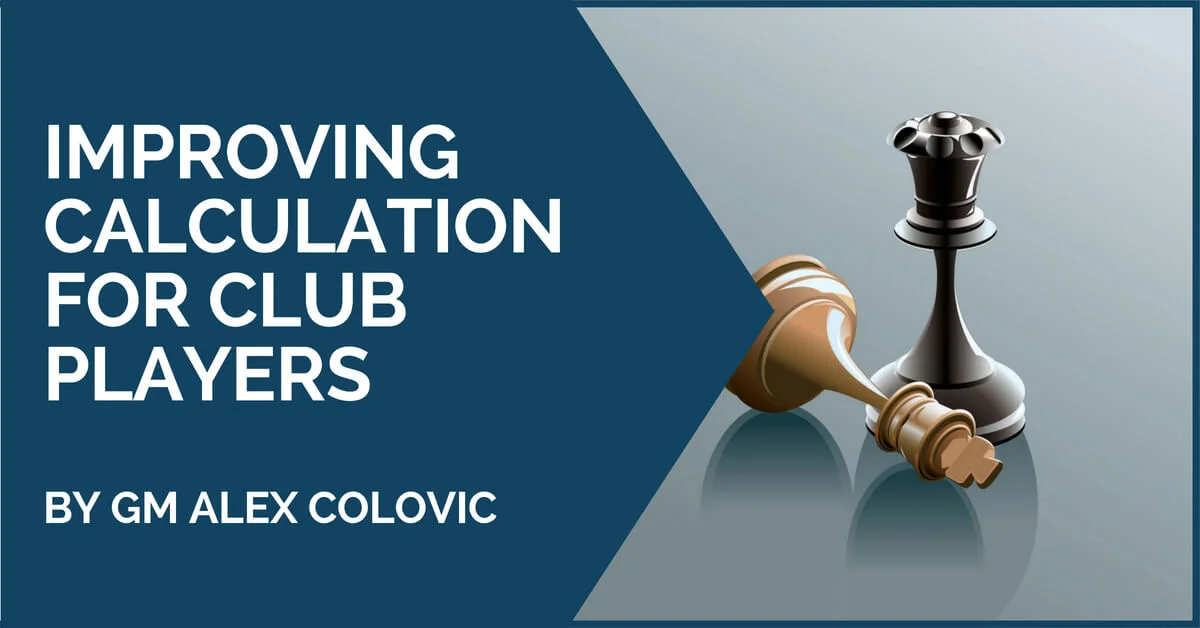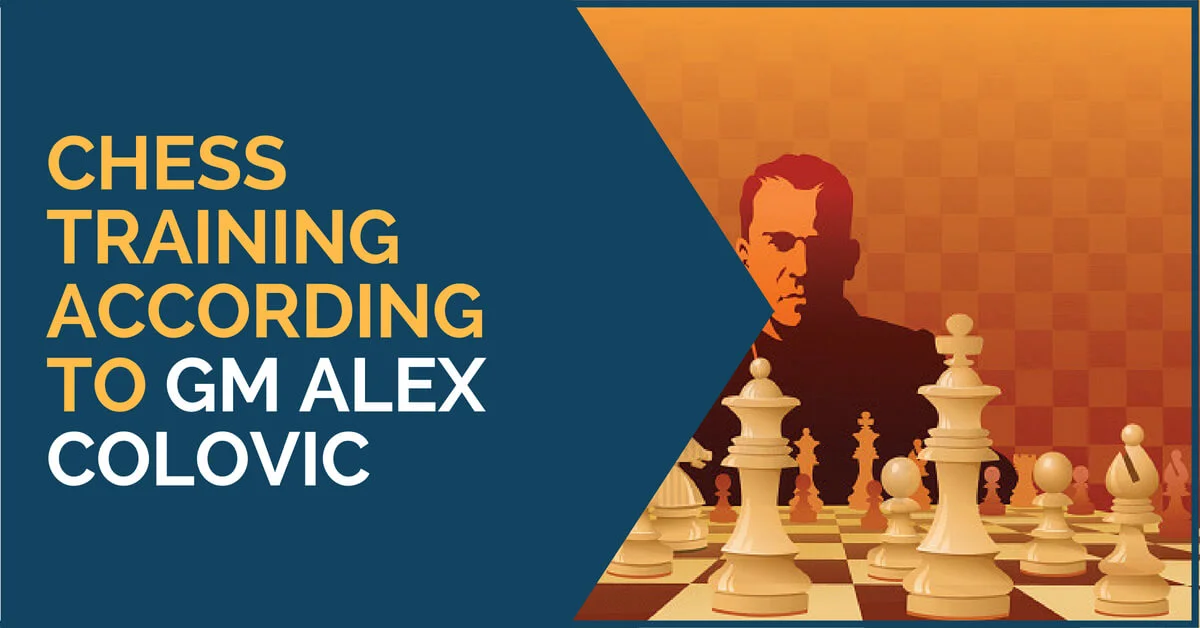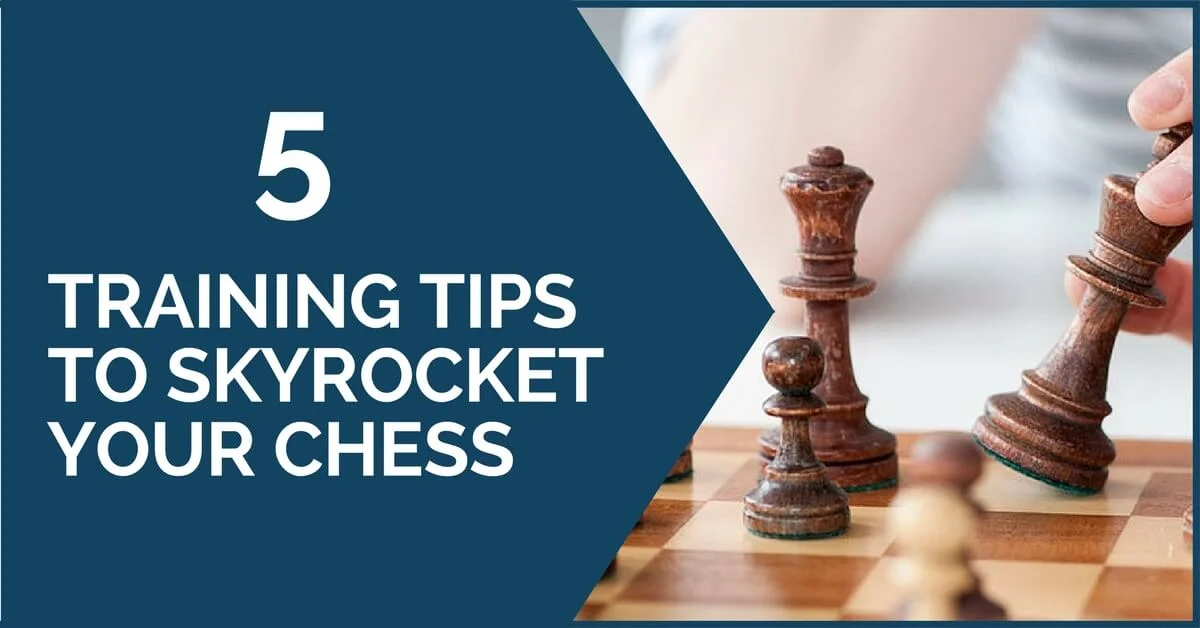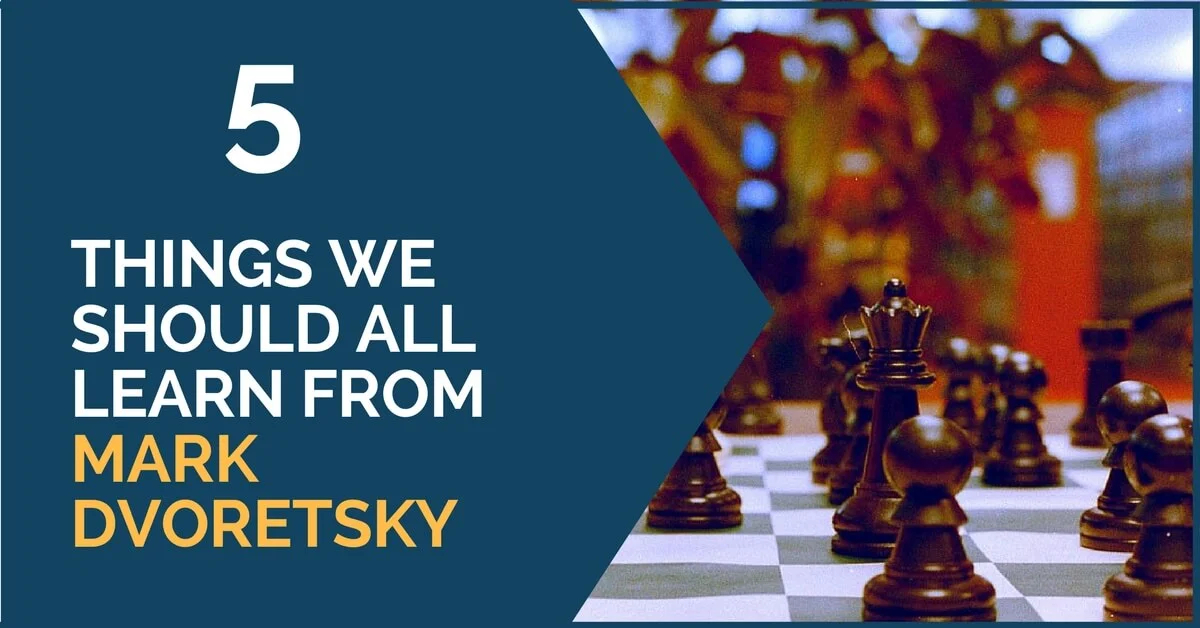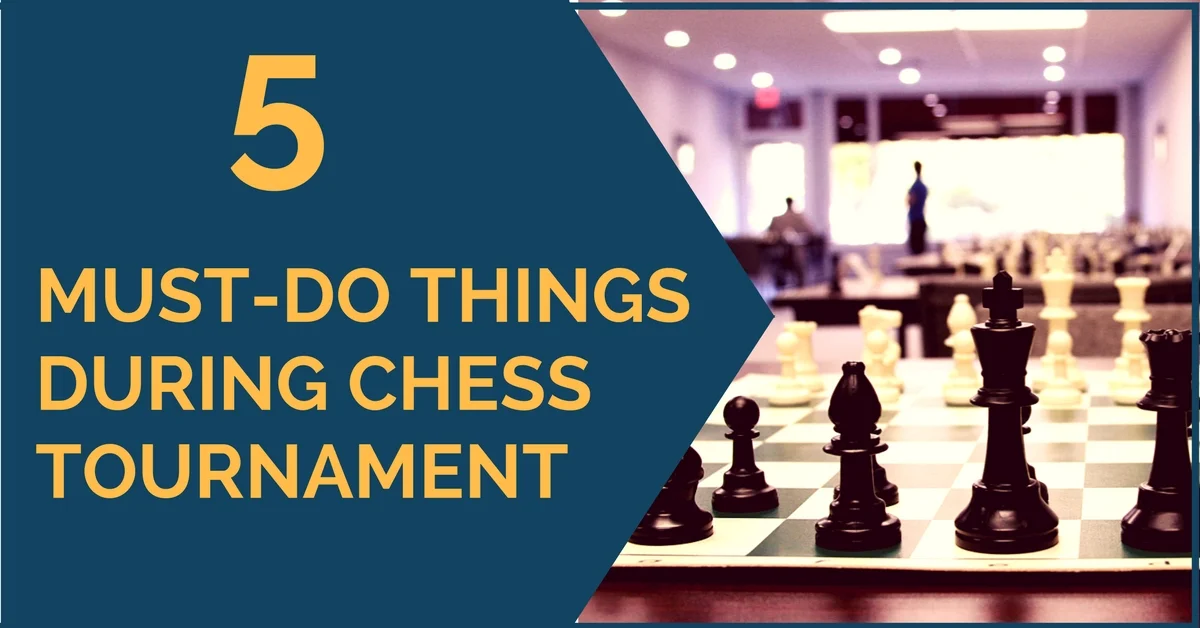Training Techniques
Playing Better Blitz Chess: Quite often we have met club players who perform well in tournaments with classical time control and give a strong appearance of being underrated players. However, when the time trouble comes they tend to collapse quite easily. The same is seen at rapid and blitz events; some players can’t even finish […]
Olympic Secrets For Club Players: I have been a member of my country’s Olympic team for more than a decade. In the last year, my job also included “the other side” as a coach of the women’s national team. These two roles gave me a unique perspective on the preparation a national team does before […]
The road to improvement and becoming a strong player is usually long and requires a lot of time and patience. If you are a club player who doesn’t fully dedicate to chess or you are just starting the long journey of improving yourself, we suggest that you focus on improving your chess understanding. As we […]
The importance of computers in modern chess is undeniable, but how important is it to you if you are in the 1900-2300 ELO range? I often get this kind of question from students who are quite addicted to the engine’s evaluation in almost every position. In this article, I will reveal my thoughts on working […]
I’ve beaten a few, so I should know, right? It used to be so easy. I would go on an open tournament and breeze through the first several rounds, without preparation or anything. Those days were only a bit busier than the rest days. In the 1990s club players didn’t know anything. They didn’t know […]
Chess is tactics. More than one strong player has said some variation of this truth. What does that mean? In simple words, it means that if you are not careful you will lose a pawn or a piece. How do you become careful then? It all starts with board awareness. At all times you should […]
A game of chess is a complex affair. It starts long before the first move has been played. It starts at home. For chess, the wise words of Benjamin Franklin, “By failing to prepare, you are preparing to fail” are applicable to the fullest. But how do you prepare? For now we will leave the […]
The daily chess training is something every ambitious player should take seriously. No matter what your rating is, if your goal is to become a better player within a short period of time you must train regularly and actively. This is, of course, an obvious observation, the question is how? What exactly should you be […]
Known as one of the best coaches of our times, Mark Dvoretsky left us a valuable legacy to help chess players improve their training technique and take that much-awaited leap forward. His books are a great source of inspiration and help for every aspiring chess player. Mark Dvoretsky learned how to play chess before elementary […]
Every chess player trains hard in order to see improvement in their play and, after all the hours invested, the accumulated knowledge is tested in tournaments. As we have mentioned in some of our previous articles, it is important that you choose strong tournaments where you are able to measure your forces with players who […]

